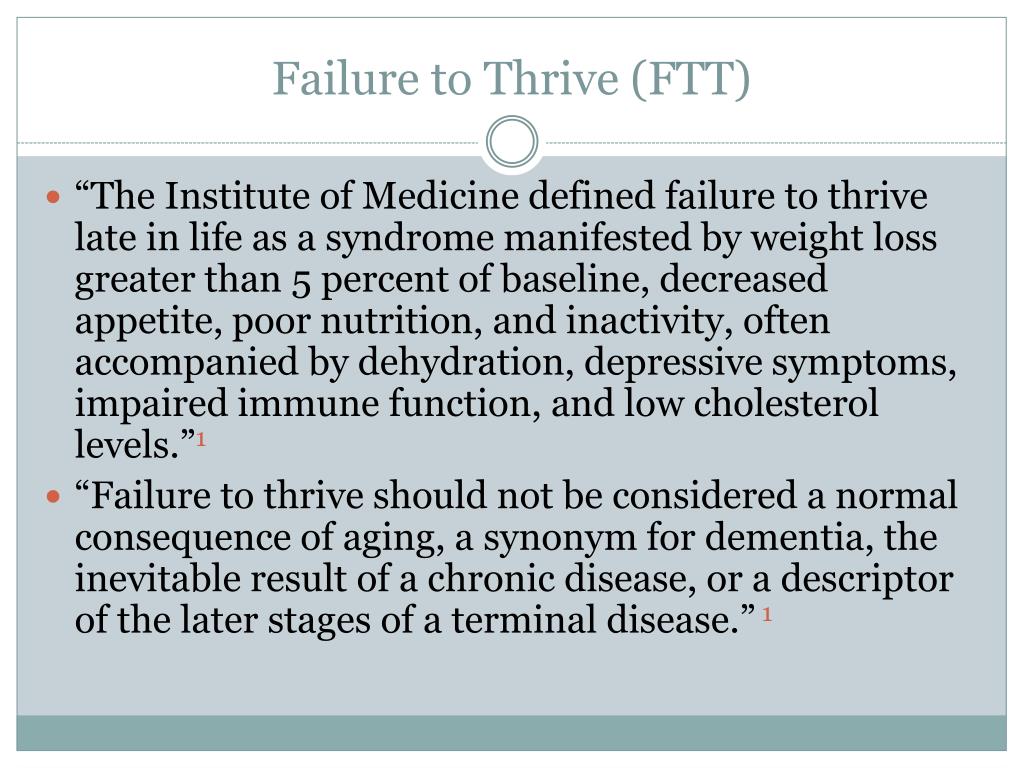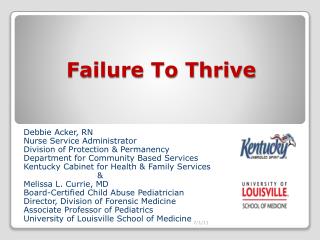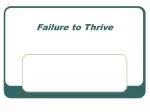
Receiving adequate calories but ongoing poor growth.For older infants/children consuming gluten, add coeliac serology in addition to the above.vegetarian/vegan or maternal deficiencies in breastfeeding infants). B12/folate and vitamin D/bone biochemistry should be considered in at risk populations (e.g.Correct micronutrient deficiencies if identified.Recommend meals/snacks at appropriate frequency for child’s age with meals in a developmentally appropriate location (e.g. After twelve months of age, limit cow’s milk to Consider community dietitian assessment to check if child is receiving adequate calories.Ensure correct formula preparation for formula-fed infants.For breastfed neonates/infants, consider lactation nurse review (see useful resources below).Review feeding mode (breast feeding or formula feeding) and the amount, bowels, development, newborn screen (Guthrie), social history and neonatal/general examination including airway/swallowing concerns.Use specialised growth charts for children with specific diagnoses such as Trisomy 21.


Clinical common-sense should be applied at all times.

These guidelines have been produced to guide clinical decision making for general practitioners (GPs).


 0 kommentar(er)
0 kommentar(er)
